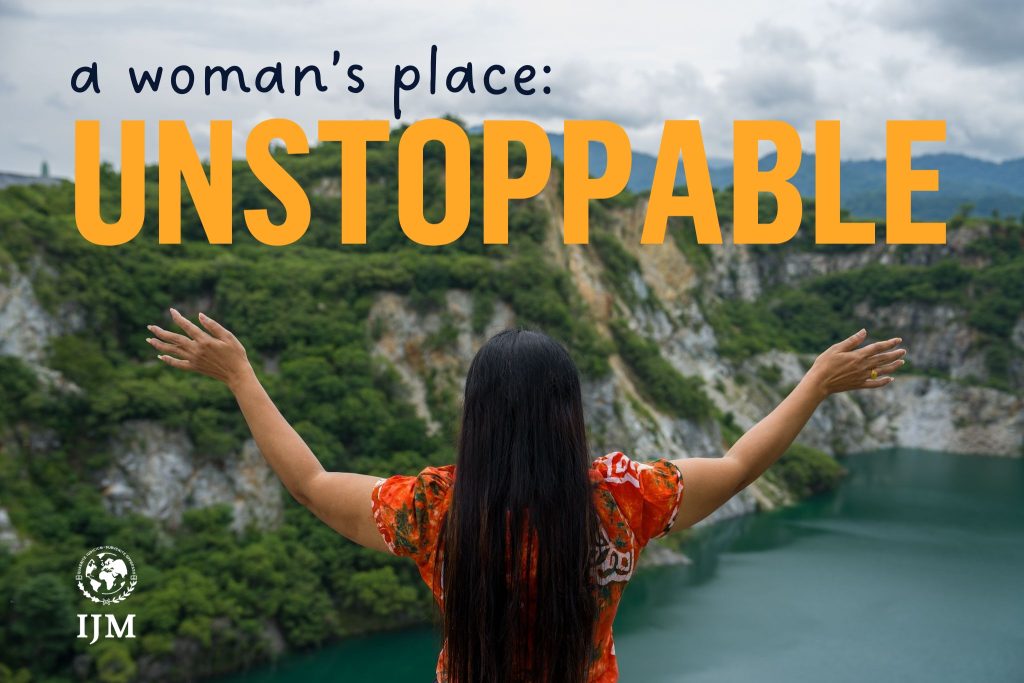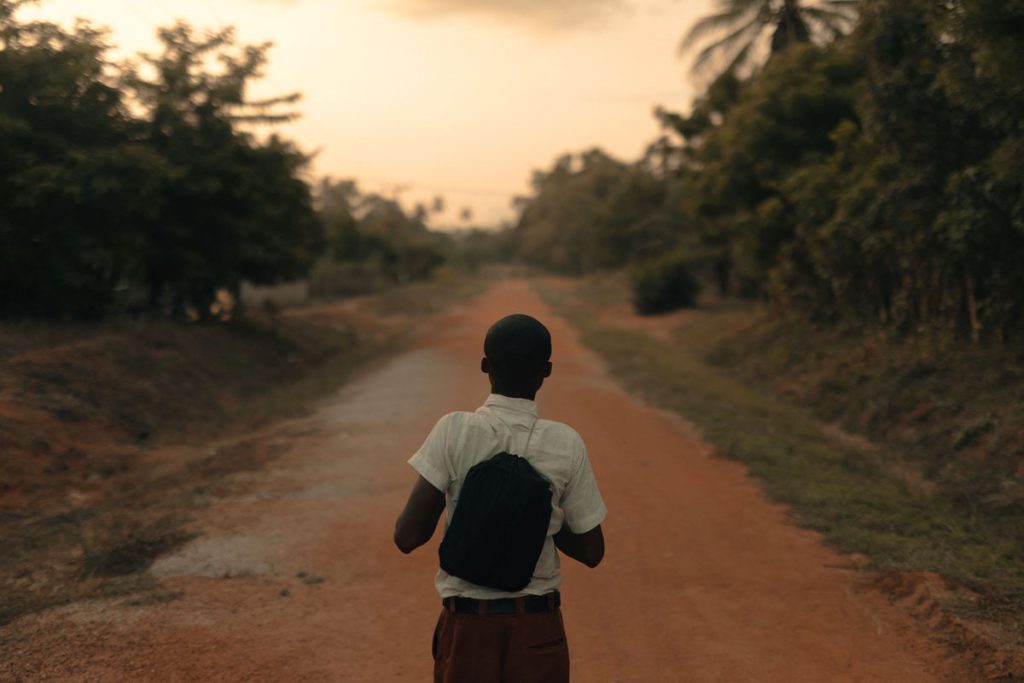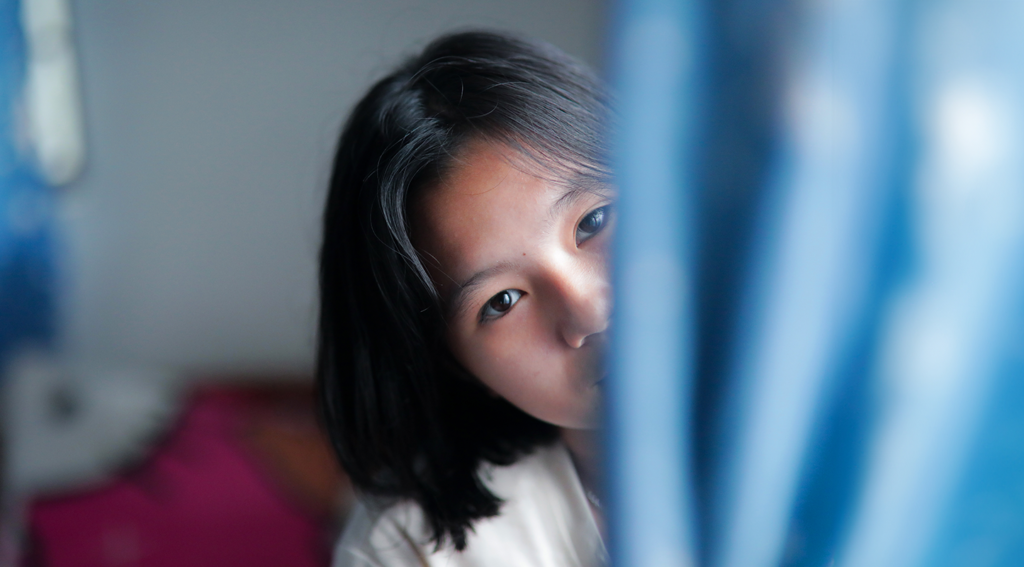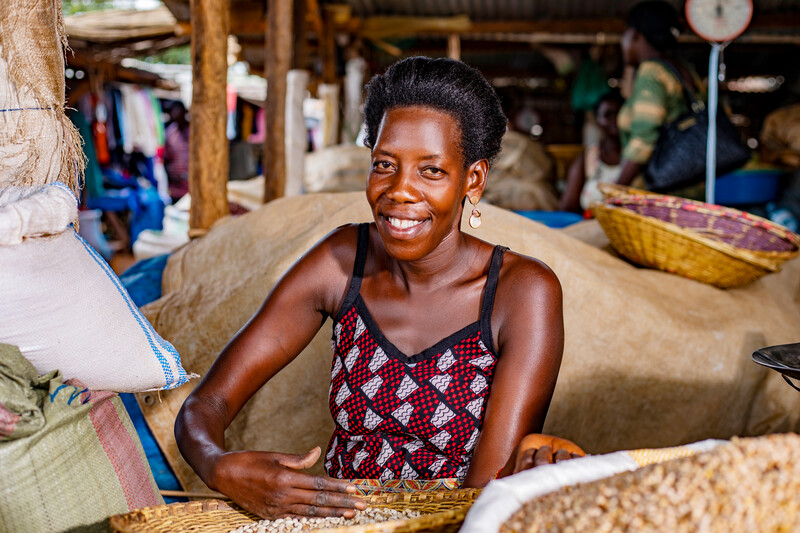
Alice’s phone rings. She immediately switches it off.
“I am doing important things right now,” she laughs, tucking the phone in the inside pocket of her handbag. “That caller can wait,” she laughs.
By “important things,” Alice is referring to the interview process that is underway in which she is sharing her experience as a survivor of domestic violence. More than anything, Alice is proud of her story – how she bravely undertook the journey to justice and is raising her two sons, now aged 7 and 12, without fear or intimidation.
Growing Up
Alice is the second born in a family of 9. Growing up in Pader, northern Uganda, her late dad was a soldier, while her mother is a farmer to date.
During the height of the Lord’s Resistance Army (LRA) war in northern Uganda, Alice and her siblings dropped out of school due to the intense violence and fear. The LRA, a rebel group known for killing and abducting civilians, made it increasingly dangerous for children to attend school. By 2005, when Alice was 14 and in Primary 7, her family decided it was safer for the children to stay home. While out of school, Alice began helping with household chores and developed an interest in learning tailoring at a nearby location.
“It was around this time that I met my partner. I had learnt that he was working with a human rights organisation. He was friendly. When he persuaded me to get into a relationship with him, I accepted. I decided to move in with him. Then he told me that we would be moving to Arua district (in northwestern Uganda), as he had been transferred there by his employer,” Alice shares.
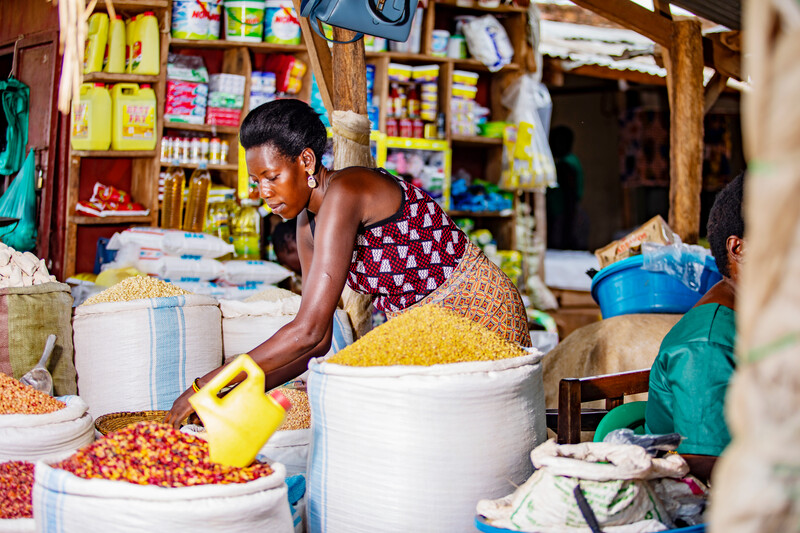
Seeking Justice
What seemed a genuine relationship on the surface, became a harsh reality. “While he provided food and other basics, he made it a point to lock me up in the house every time he was going to work. He would only open for me when he returned. Still, I was not allowed to go out and talk to anyone, not even my immediate neighbours,” Alice pauses, before adding, “I felt like a prisoner, but there was nothing I could do.”
In hindsight, she believes that the man was doing this to conceal the fact that he, a supposed human rights defender, was violating an underage girl.
“For two years, my family did not know where I was. I conceived my first child and by the time I gave birth, my partner had been transferred to Gulu and we had to relocate,” she says. “When we settled in Gulu, my partner soon lost his job, and I did not know why. That is when life completely changed. He rarely came home, and I heard that he was having affairs with other women. He rarely provided anything at home. I tried to persevere, but it was tough. When I conceived my second child, I felt I had to get a job to sustain our family. So I started vending tomatoes, vegetables and silverfish in the market. If my husband came around and found me having a conversation with anyone, he would physically assault me. He would also complain about my work as a market vendor, saying vendors like to gossip and cannot be trusted. He assaulted me for many flimsy reasons.”
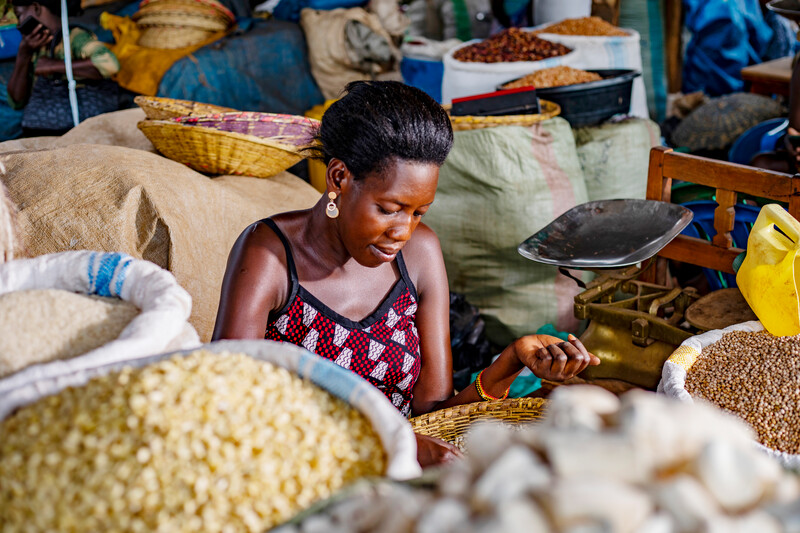
One evening in March 2018, Alice was at home with her children when her partner arrived. He had been away for about two weeks without any communication. The family had supper together. Later that night, Alice used the opportunity to speak to him about the welfare of their children, particularly their first child who needed school fees.
“Our son had been sent away from school due to delayed payment of school fees. I suggested that he have a meeting with the school administrator to plead for leniency and have a friendlier payment plan. He demanded to know why I was asking him for money when I had a job. He stated, “If the money you’re earning as a market vendor is not enough, you should go to Buganda pub and sell your body for a living!” “I could not believe my ears, and this angered me. I asked him, ‘Are you really telling me this as your wife?’”
This resulted in a heated argument that lasted until late at night, after which the man attacked Alice. She was left badly bruised, with a swollen face and left eye, a tooth missing from her mouth, scars on her neck and wounds on her palm. She also had severe pain in her chest from the attack. Her small children cried helplessly as they witnessed the abuse.
Alice breaks down in tears as she recalls that night. After a few minutes, she manages to continue:
“I was in bad shape. I stayed home for two days, and the landlord cared for me and provided us with food. My partner disappeared after the incident and did not come back. I would call him to help me and give me money for medical treatment, and his phone was not available,” she says, adding, “That is when I decided to report. The police saw the condition wasn’t good and they helped me. A member of the local council supported me. He told the police how tired I was, living with an abusive partner. And I wanted support to access justice and rebuild my life. That is when the police contacted IJM,” Alice narrates.
“When police invited IJM, they were concerned. I felt that they cared about what I was going through. They were talking to me in a kind and respectful manner, the same way you (IJM team) are talking to me right now,” she adds.
IJM supported her to pursue justice, and provided her psychosocial support including, food supplies and basic needs, medical examination, professional counselling and therapy for herself and children.
Alice remembers that it took about a month before the perpetrator was arrested.
“He was in hiding. No one knew where he was. For about a month the police were looking for him. He was found working alongside the casual labourers at Acholi Inn on the day he was arrested,” she says.
“When he was arrested, I was happy. Finally, the person who was causing me problems was now behind bars. He would not torment me anymore.”
On April 27, 2018, the perpetrator was remanded to prison after being charged with causing grievous harm and theft – having stolen some money from Alice before fleeing on the night of the assault. On June 6, 2018, he pleaded guilty to the charges and was sentenced to 3 months of community service, failure of which he would be given a one-year custodial sentence.
A copy of the judgment signed by the then Grade One Magistrate of the Gulu Chief Magistrates Court shows that he was further tasked to refund the money that he had stolen. The court also directed him to meet Alice’s medical bills for the injuries she sustained as a result of physical assault.
Alice vividly remembers the day of the judgment.
“He had been on remand for over a month. When they brought him to court, he told the magistrate that he would change and take care of us. I felt that the sentence [of community service] was weak, but I committed all this to God. I had already mentally decided to let him go….I let him go. When he was released, he never came back home. I had decided that even on my own I can stand and raise my children.” she says.
“Today, he is completely out of our lives. I am taking care of the children, and they are doing well in school. I am also in a new relationship where I feel respected and appreciated. He is treating me right and I am expecting my third child,” she smiles.
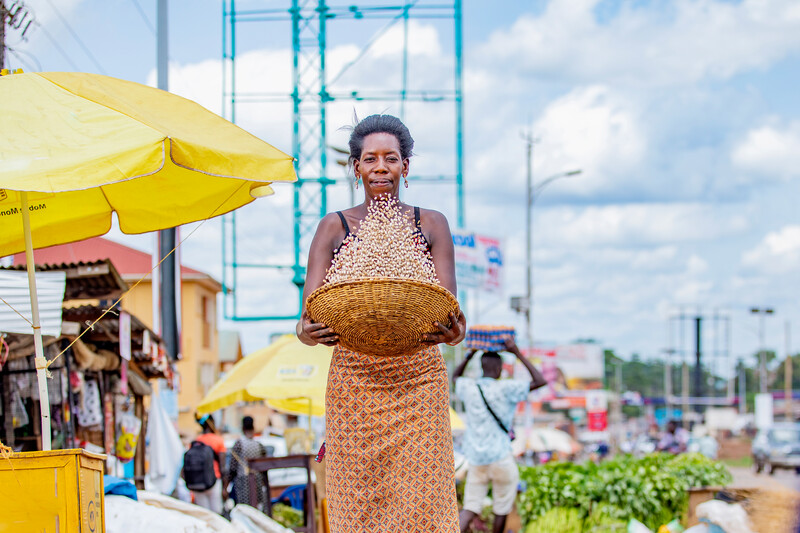
Alice’s Life Today
Alice quietly sits under an umbrella shade, surrounded by sacks of foodstuff on sale. It is about 2:00pm. The sun is blazing. She is sorting legumes when we arrive for the interview.
Not only has Alice expanded her business, she has also since transitioned from selling fresh fruits and vegetables, to dried food and cereals including rice, sundried cassava, maize, groundnuts, simsim and different types of beans.
“I want to grow my business. I love it. And want to do the same thing, but grow it,” she says of her plans.
Alice has shared her story with a few women in abusive relationships and hopes to continue doing this.
“There is one woman who was contemplating taking her own life. I used my story to tell her that it was possible to get out of violence. I am glad I saved her life. Life is not all about men. Even on your own, you can do something. You can thrive,” Alice says.
Alice appeals to the public justice actors to have empathy for survivors of violence.
“There are some people who work for truth and honesty. I am perhaps lucky that I went to the right people. But this is not the case all the time. These days there are people, even lawyers and court officials, who want to take advantage of the vulnerable. In such a place, it is hard to achieve justice,” observes Alice.
She concludes saying:
“IJM opened my mind to many things. At the time I felt I was alone, they showed me that I have strength, to survive even on my own. God bless IJM. If you have new clients and you want me to share my story with them, please call me. I am willing to come and inspire them.”

